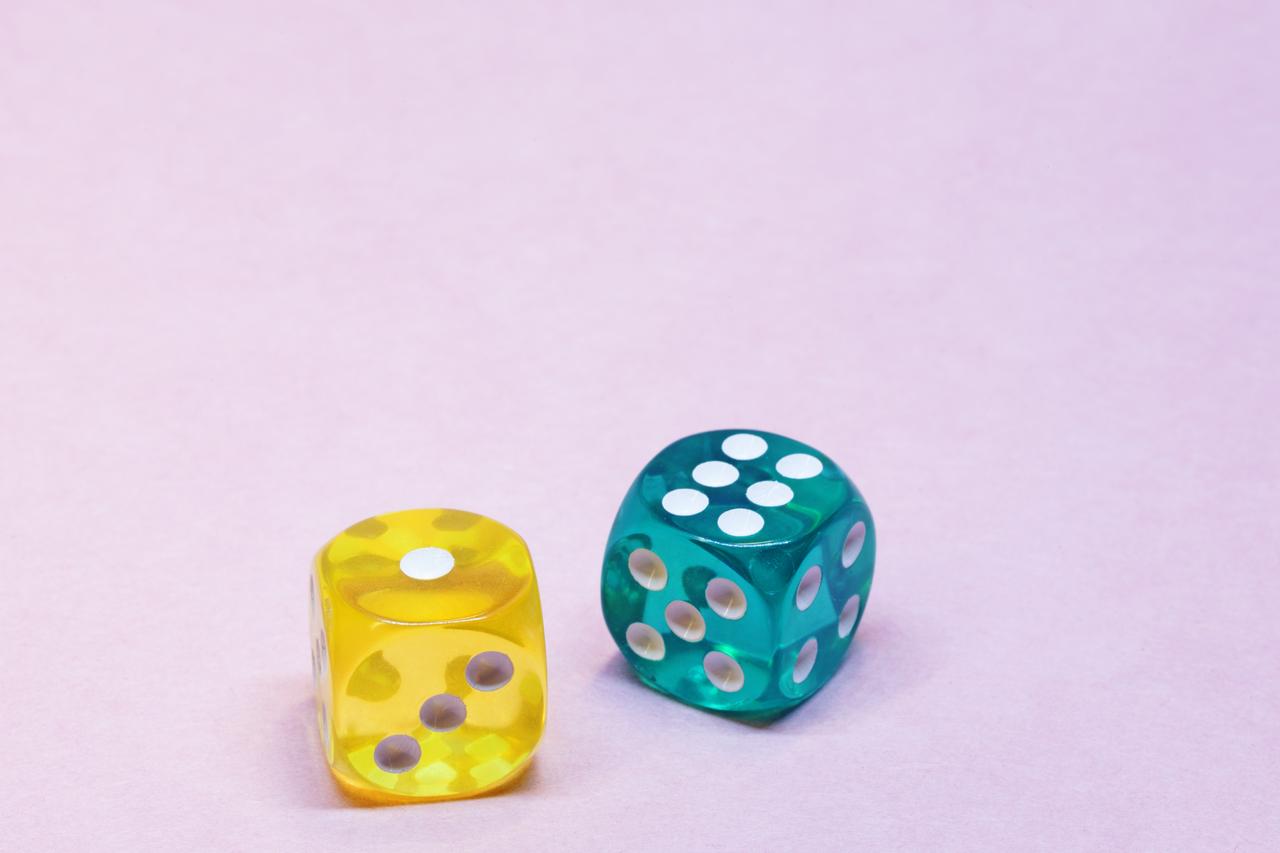Fortune as Cognitive Bias
Think about the most money you’ve received as a windfall - perhaps you deserved it, but its arrival was unexpected. You could have literally been gambling, or simply been in a situation that favored you in unanticipated ways.
Similarly, think about the most money you’ve ever lost unexpectedly. Again, you might have been gambling - or maybe you suffered a very real loss, and whatever form of insurance that should have mitigated the situation was inadequate.
For both of these, you should focus on situations with immediacy. Getting a raise or taking a loan both have substantive impacts on your finances, but neither have the psychological punch of a poker hand.
Our fortunes, good and bad, shape us in many ways. Their direct impact is most obvious, but they also become perceptual reference points.

“Guess the price” games feature both randomness and fortune - and are also used to illustrate our cognitive biases. The wealthy are disconnected from the details of groceries, while the rest of us use extravagant purchases as grist for a guessing game.
But, as with most of reality, binary classification is a simplification. Extreme wealth and the lack thereof are reference points in a continuum, with each of us in our own unique situation along it.
So, think back to your answer to the opening questions. Maybe the biggest windfall you’ve received was an unexpected $1,000 bonus, and the largest sudden loss was learning you needed to spend $3,000 for your car to keep going.
How unusual were these events? Think about the distribution of your (financial) wins and losses.
How recent was it? Does it feel like another life, or did it happen last week?
If you can roughly estimate the positive and negative bounds for the amount of money that you experience “arbitrarily”, I suggest you have also identified a zone of cognitive bias.
Whenever you make a financial decision that is within these bounds, it would be wise to take a moment and reflect on your fortune (good or bad), and use that context to inform not just immediate gratification but long-term outcomes. The defining quality of money is its fungibility - little bits add up to a lot, and a lot can be eroded by persistent splinters.
Comments